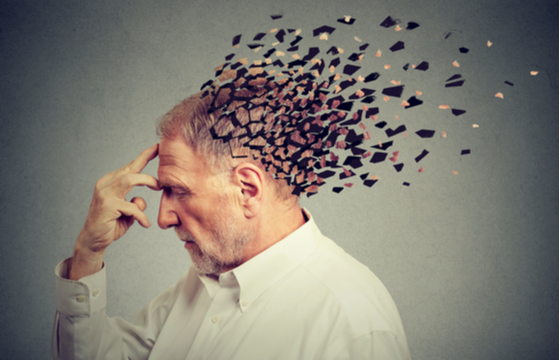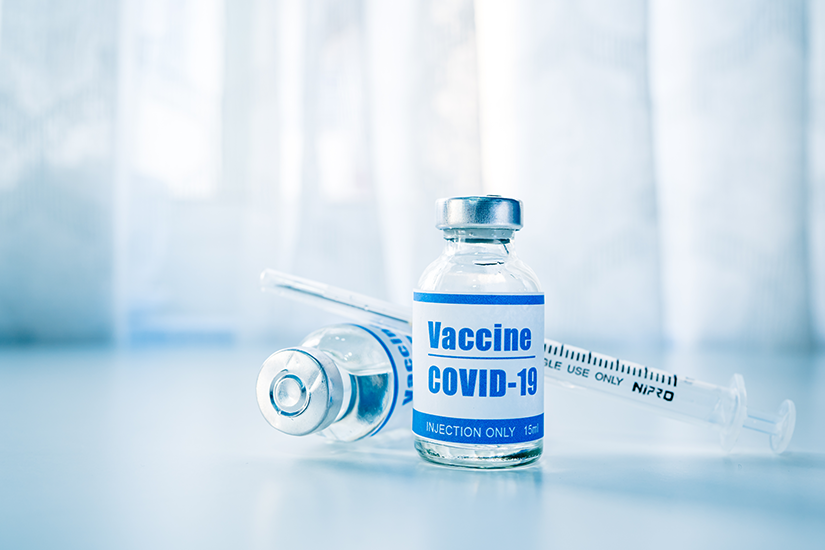- Emergency Ambulance Services
- 8606811111
- 0471-4077777, 0471-7177888
- gro@sutpattom.com
A Close look at Dementia β Symptoms, Diagnosis and Treatment
We are nothing but our memories. The core of humanity lies in how we manage our memories. We have become what we are today through the understanding of our own memory. They are the symbols of our own existence and life experiences. Life progresses on the basis of memories.
One of the most devastating medical crises in one’s life is the process of losing memory. Dementia is a condition in which memories are gradually forgotten. It is estimated that 44 million people worldwide have dementia. In India, it is almost close to 4 million.
For the past ten years, Alzheimer’s Day has been celebrated on September 21 to create awareness among the public about the disease. This year’s theme is ‘Know Dementia, Know Alzheimerβs’. The campaign aims to spread the knowledge about Dementia and how it can be detected at an very early stage. This can help patients in treatment.
Brain cells which save our memories are located on the temporal lobe. The destruction of these cells results in Dementia. It may be due to aging, lack of thyroid hormone, damage to the brain, stroke, lack of vitamins such as vitamin B12 and thiamine, various infections affecting the brain and brain tumors. The most significant one is the destruction of memory cells due to aging which leads to Alzheimer’s disease.
The risk of progression of Alzheimer’s disease increases with age. One in ten people over the age of 65 and one in three people over the age of 85 are at risk of developing Alzheimer’s disease. Inherited dementia, high blood pressure, diabetes, excessive smoking, alcoholism, etc. also increase the risk of dementia. People above 65 years of age experiencing Dementia have difficulty in recollecting commonly used terms or procedures. Many people can remember those things if they are given time or small hints. But with the progress of Alzheimer’s disease, it is hardly possible.
It is natural for the elderly to forget where they have kept things. For example, we unknowingly put keys inside the fridge and wallets in the washing machine. Older people often forget some of the conversations they have had before. There will be difficulties in dealing with financial matters. One can lose their way even in familiar places. Mood swings are common among them and they try to stay alone most of the time. It is common to sit in front of the TV for a long time and spend more time sleeping. Forgetting the names of distant acquaintances and difficult to get words in between conversations can be said to be the initial stage of this disease which lasts for two to three years.
Memory loss gradually gets severe in the second stage of the disease. At this stage most patients start to forget their family members. They find it difficult to engage in meaningful conversations and are confined to their own world as much as possible. Patients have the illusion that the people are suspicious about them and may put them in danger. This makes it difficult to take care of such patients. Sense of direction is also lost with the progression of the disease making it tough for them to travel outside alone. They lack attention to personal hygiene too. Second phase lasts from eight to ten years.
During the third stage, the patient loses memory completely and few might even forget their existence. Gradually they lose mobility and become bedridden. Loss of appetite, malnutrition and weight loss are also evident in this stage. It affects the immune system and it increases the frequency of infections then leads to death.
Treatment
Alzheimer’s disease is not completely curable. However, early diagnosis can reduce the severity of the disease. Diagnosis is mainly based on symptoms and memory-based questionnaires. Blood tests, CT or MRI scan of the brain must be done to confirm that there is no other reason for dementia.
If you are diagnosed with Alzheimer’s disease, you should take medication as prescribed by your doctor to boost your memory along with proper physical exercise and a nutritious diet. In addition, recreational activities help to reduce stress and intellectual games such as crossword puzzles and chess can help to improve memory. Care takers should be aware of the specifics of the disease and how to deal with the patients. Frequent changes of caregivers and living space needs to be avoided by the family. Depression and infection in a patient should be identified and treated properly.
Although dementia is more common in the elderly, it is also noticed among youth. Workload and mental stress are responsible for dementia among them. Proper exercise, avoiding smoking and drinking and engaging in meaningful conversations can help improve memory. Hereditary Alzheimer’s disease is found among youth very rarely.









